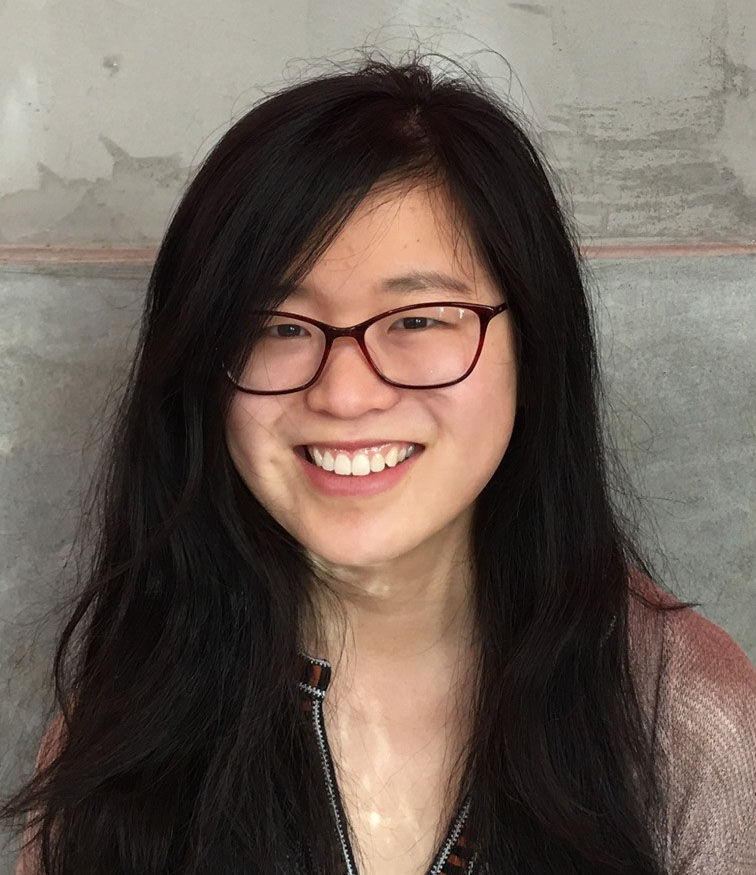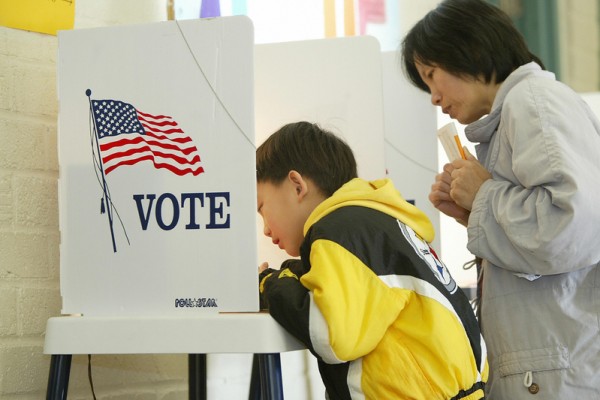AUSTIN, TEXAS. — Austin, Texas is known as a liberal haven in a famously red state. The city should be the ideal place for any progressive Texas voter participating in local elections.
But Thanh Bui, a 28-year-old community outreach manager with left-leaning political views, has struggled to identify with candidates in her city.
Bui does not recall if she is a registered Democrat, but when she votes, she tends to vote for Democratic candidates because they better support government assistance programs, which include the food stamps her family depended on during her childhood. On the whole, Bui isn’t motivated to vote these days. Partly, it’s because Democratic candidates still overemphasize age-old tactics like increased policing and underemphasize existential issues like climate change, she says. But it’s also because she doesn’t think her vote makes a difference.
“Sometimes it doesn’t feel like it matters who has political power, the marginalized groups will continue to get hurt,” she says.
She isn’t alone. In Texas, young, college-educated and second-generation Asian Americans report not feeling represented by the government at high rates, despite being a fast growing demographic with the potential to shape elections on local and national levels.
Asian American and Pacific Islanders are a small percentage of the Texas electorate – only about 4.6%. Yet, the AAPI racial cohort is growing most rapidly in the United States: Between 2010 and 2020, this demographic in Texas grew 66%. Texas Asian American and Pacific Islanders are also young, with nearly 70% under age 50.
Even with a relatively small population, Asian Americans are voting in increased numbers. In the 2020 presidential election, they had the highest voter turnout increase of any racial group, and may have been instrumental in President Biden’s narrow victory. In Texas, voter turnout for Asian Americans jumped 71% between 2016 to 2020. In other words, Asian American voter turnout is evolving — in spite of long-standing neglect from both political parties.
Asian American voter turnout is evolving — in spite of long-standing neglect from both political parties.
Historically, candidates assumed Asian Americans were apolitical because their voter turnout was low, says Alice Yi, co-founder of civil advocacy group Asian Texans for Justice and chair of the Austin Asian Community Civic Coalition. Some believed this lack of engagement was a result of first-generation Asian immigrants who were new to the U.S. political system and prioritized supporting their families financially, Yi observes.
This impression likely accounts for why only just over half of Asian Americans reported being contacted by either the Democratic Party or the Republican Party within the year leading up to the 2022 elections.
No wonder the majority of Texan Asian American and Pacific Islanders do not feel well-represented in the government, with 65% of those over the age of 65 expressing this sentiment, and an astonishing 86% of those between the age of 18 and 34 feeling the same. If political candidates neglect to engage this diverse demographic, and in particular younger Asian Americans, they risk alienating people like Bui as well as the next generation of AAPI voters.
Bui wants political candidates who will not only reach out to Asian Americans but will also demonstrate genuine care for the AAPI community. That would get her excited to be involved, she says.
This isn’t a one-way problem: Political exclusion and a lack of political participation can perpetuate each other in cycles, says Jennifer Hochschild, a professor of government and public policy at Harvard University. When individuals from a minority group are ignored by politicians, they may turn attention to their private or religious communities, which can further dissuade politicians from reaching out to them. In short, the mentality becomes “they don’t want us, we don’t want them,” Hochschild says.
Asian politicians too have struggled with how to appeal to a broad voter base while also addressing their racial identity and connecting with AAPI voters specifically. Andrew Yang, for one, dismissed identity politics as a “great way to lose elections” during his 2020 presidential bid, only to change direction, emphasizing his heritage and unique issues for the AAPI community when running for mayor of New York City in 2021. But simply being Asian would not have been a deciding factor for someone like Bui, who argues that politicians have failed to reach people like her — a young, working-class Asian woman who wants systemic change.
What Bui wants is for more politicians and advocacy organizations to mobilize young Asian Americans, especially by hosting events that draw them. She has attended political events in Austin targeted at Asian voters, but she found attendees were mostly older, first-generation immigrants who had different priorities than her.
Bui wants political candidates who will not only reach out to Asian Americans but will also demonstrate genuine care for the AAPI community. That would get her excited to be involved, she says.

Annie Prafcke is a writer currently based in Austin, Texas and Somerville, Massachusetts. As a Chinese adoptee who grew up in North Dakota, she is especially interested in exploring topics related to culture, identity and race. She has contributed work for print and audio at The Austin Chronicle, Prairie Public Radio, High Plains Reader and Women’s Republic.


